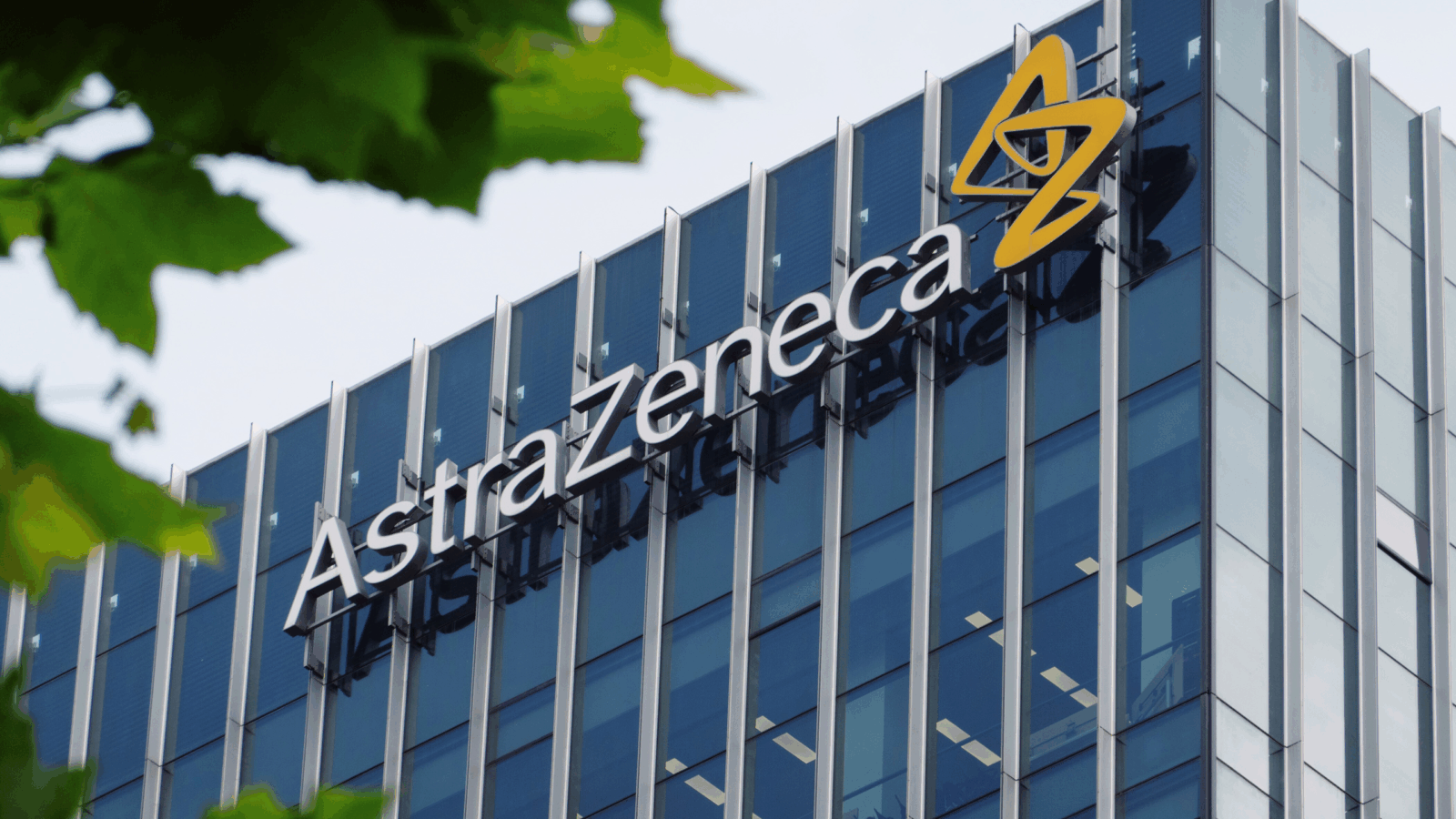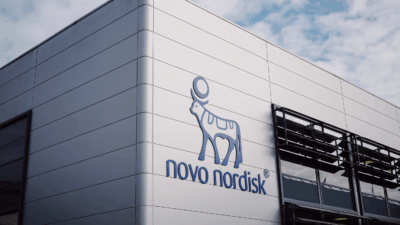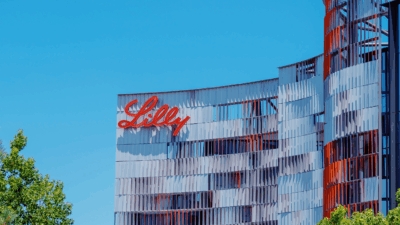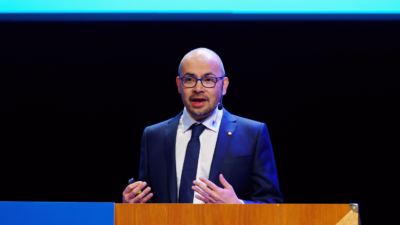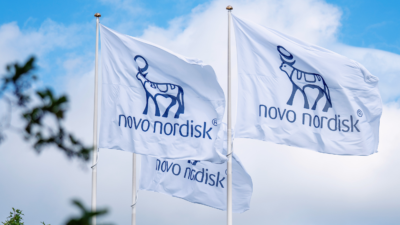Psychedelic Biotech Firms Record Major Fundraising Mark
The growing sector scored its second-highest month ever for total money-raising.
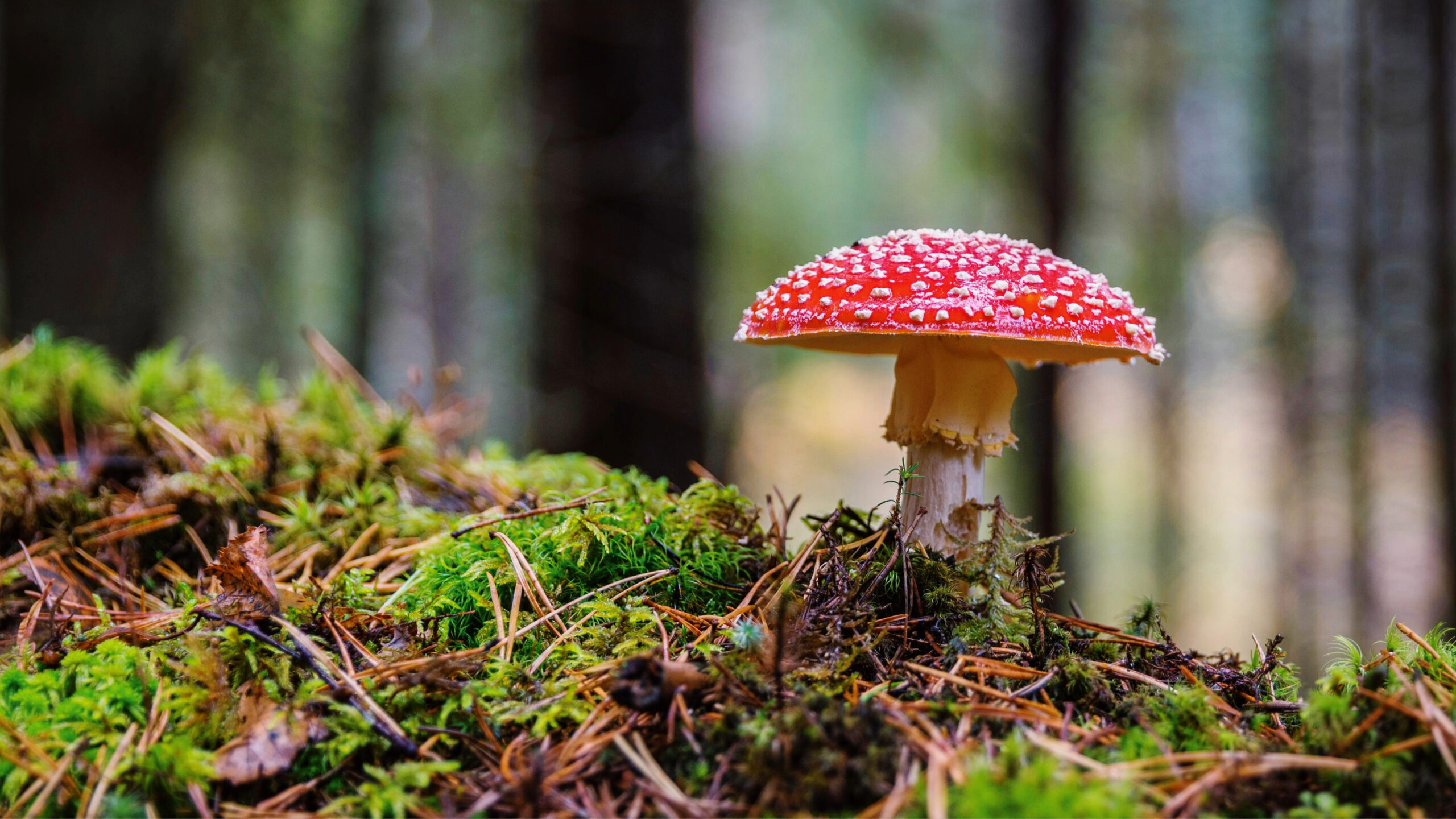
Sign up for smart news, insights, and analysis on the biggest financial stories of the day.
Funding for biotech firms focused on psychedelic treatments is sprouting like mushrooms again.
In January, the burgeoning sub-sector of mental health treatment scored its second-highest month for fundraising ever recorded, according to Pitchbook and company data compiled by the Financial Times this weekend. It may just pave the way for a far-out future.
Spore Round
There’s a reason the investor class has taken a particular interest in hallucinogenic drugs, and it has nothing to do with 1960s hippie nostalgia. According to one peer-reviewed study featuring multi-stage trials published in the Journal of Clinical Psychiatry, psilocybin — the naturally occurring psychedelic compound found in over 200 species of fungi — produces a sustained and significant effect treating patients suffering from depression who were unresponsive to at least four other antidepressant drugs. That group could be as high as one-third of patients seeking treatment for depression, or about 9 million Americans.
Investor interest peaked in March 2021, when eight deals generated nearly $190 million in VC fundraising. Investors turned on the money-hose again last month, with plenty of reason to believe the industry can only grow:
- Psychedelic-focused biotech firms scored $163 million across five fundraising deals in January, according to PitchBook and the FT. Over 50 psychedelic biotech firms have already gone public in the US, with a combined value of $2 billion that some analysts predict could reach $12 billion by 2030.
- That’s in part thanks to two ongoing landmark trials — one conducted by Nasdaq-listed Compass Pathways and another by Lykos Therapeutics — that are widely expected to publish results this year, which could lead the FDA to reclassify some substances for clinical treatments.
Around the World: As is typical in any trendy emerging industry these days, psychedelic firms have drawn the interest of sovereign wealth funds, including Singapore’s $300 billion Temasek fund and Abu Dhabi’s Mubadala fund, sources told the FT. What makes that weird is both countries boast some of the world’s most draconian anti-drug policies, with Singapore in the past two years alone executing at least 15 people for drug-related offenses.
